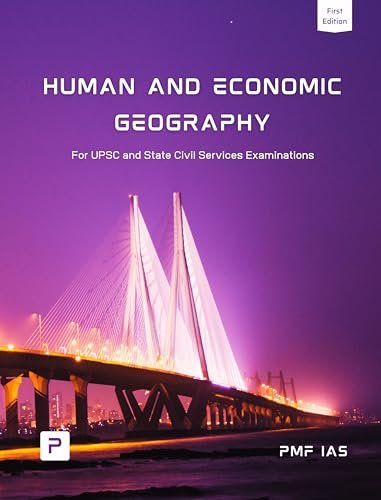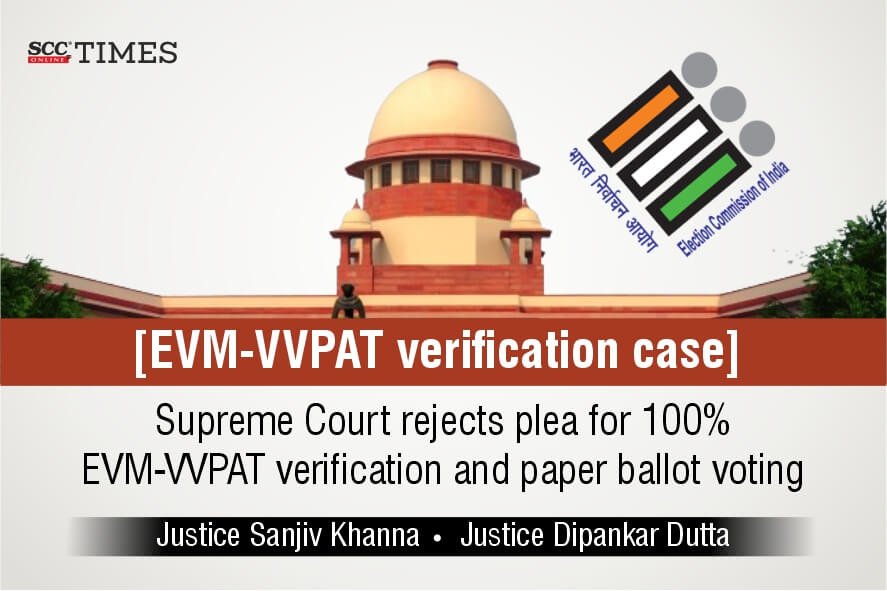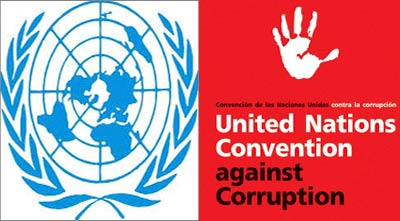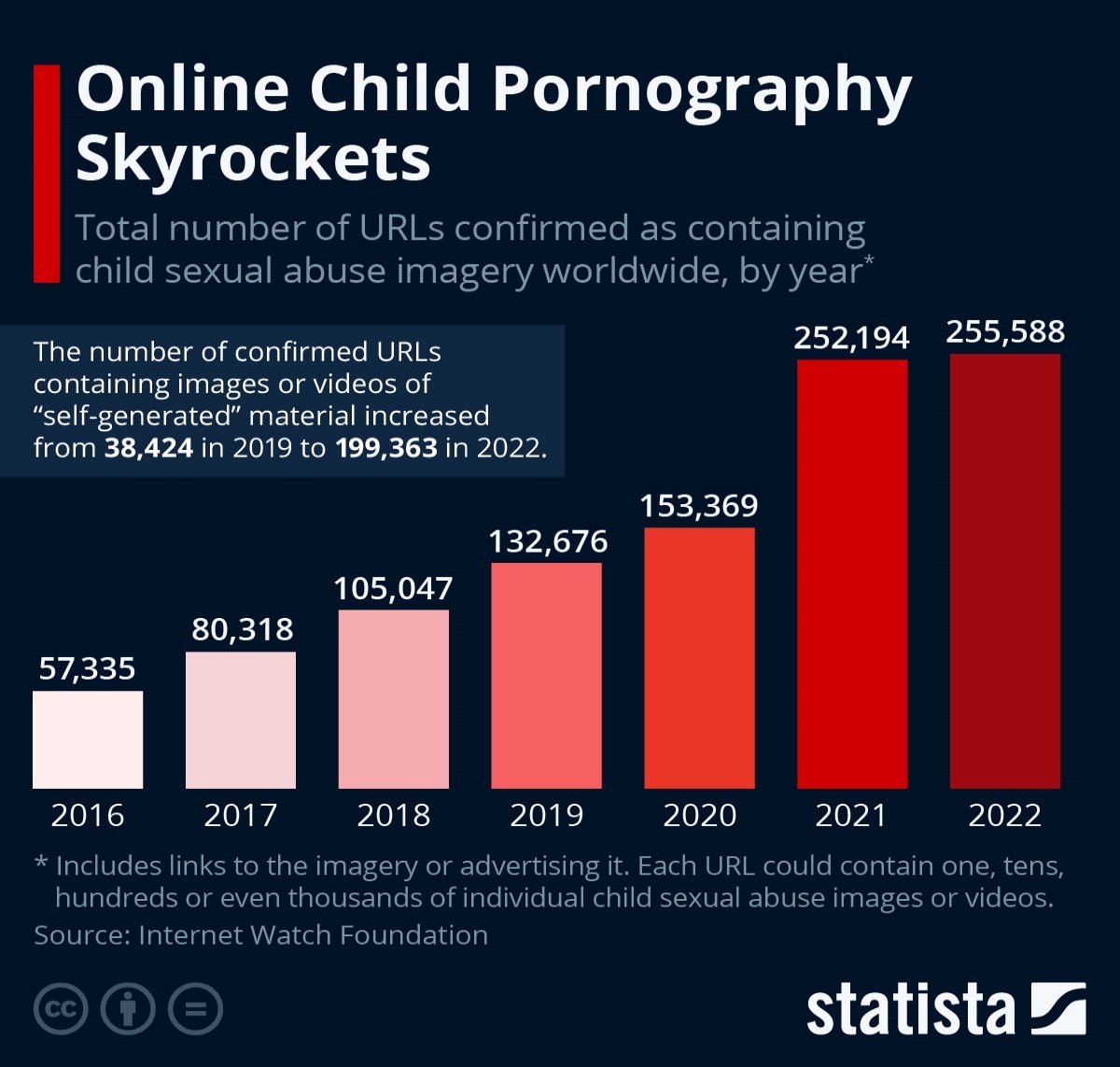
Religion-based Reservation in India
Subscribers of "Current Affairs" course can Download Daily Current Affairs in PDF/DOC
Subscribe to Never Miss an Important Update! Assured Discounts on New Products!
Must Join PMF IAS Telegram Channel & PMF IAS History Telegram Channel
- Context (IE): In India’s election season, there’s a contentious debate over whether a secular country can justify religion-based reservation policies.
Indian Constitution on Religion-based Reservations
- The IC of 1949 dropped the word ‘minorities’ from Article 296 of the draft constitution (Article 335 of the present IC).
- Article 16(4) enables the state to make “any provision for reservation in favour of any backward class of citizens which is not adequately represented in the services under the state”.
- Article 15 specifically prohibits the state from discriminating against citizens based on religion and caste (along with sex, race, and place of birth).
- The 1st CAA inserted Article 15(4); it empowered the state to make “any special provision for the advancement of any socially and educationally backward classes of citizens or the SCs and the STs”.
- In Articles 15 and 16, “only” indicates that if a religious, racial, or caste group is considered a “weaker section” or backward class (BC) under Article 46, they’re entitled to special provisions.
- Certain Muslim castes received reservations as part of the BC, without reducing quotas for SCs, STs, and OBCs, by establishing a sub-quota within the OBCs, irrespective of their religion.
- In Articles 15 and 16, “only” indicates that if a religious, racial, or caste group is considered a “weaker section” or backward class (BC) under Article 46, they’re entitled to special provisions.
Equality Vs Equity – The Idea of Affirmative Action
- The IC moved away from equality, which refers to equal treatment for all, to equity, which ensures fairness and may require differential treatment or special measures for some groups.
- Formal equality concerns the equality of treatment—treating everyone the same, regardless of outcomes — which can, at times, lead to severe inequalities for historically disadvantaged groups.
- Substantive equality, on the other hand, concerns equality of outcomes. Affirmative action promotes this idea of substantive equality.
- E P Royappa vs State Of Tamil Nadu, 1973: The SC held that equality is a dynamic concept with multiple aspects and dimensions, not confined to traditional and doctrinaire limits.
- State of Kerala vs N M Thomas (1975): Following the SC’s judgment, reservation is seen not as an exception but as an extension of equality under Articles 15(1) and 16(1).
State-level initiatives that included special provisions for Muslims
- Kerala: Muslims, who constituted 22% of the population, were included within the OBCs.
|
- Karnataka: The 3rd Backward Classes Commission of the State found that Muslims fulfilled the requirements for being considered among the backward classes.
- Tamil Nadu: In 2007, as per the 2nd Backward Classes Commission, the state provided 3.5% reservation to a Muslim sub-category within the 30% OBC quota, except for upper-caste Muslims.
- The Act gave reservation to some Christian castes, but this provision was subsequently removed on the demand of Christians themselves.
Andhra Pradesh & Telangana
- In 1994, the AP Backward Classes Commission addressed Muslim reservations, leading to a government-provided 5% reservation by 2004 due to their identified backwardness.
- The HC struck down the reservation due to a lack of mandatory consultation with the Andhra Pradesh Commission for Backward Classes and the absence of data for determining backwardness.
- In 2007, a law was enacted giving reservation to only 14 Muslim castes with occupational similarities to Hindu castes already enjoying reservation.
- This law was also struck down, and the SC’s final decision on its constitutionality is pending.
- The Telangana government in 2014 proposed a 12% reservation for OBC Muslims to address the educational and economic disparities faced by Muslims compared to other communities.
- The proposal exceeded the 50% reservation cap set by the SC and was referred to the GoI for inclusion in the Ninth Schedule. However, the GoI did not bring the proposal to Parliament.
Judicial Intervention
- Some of these reservation policies have faced legal challenges, particularly regarding the criteria used for determining backwardness and the extent of reservation.
- Courts have emphasised the importance of ensuring that reservation policies are based on objective criteria and do not violate the constitutional principles of equality and non-discrimination.
M R Balaji vs State of Mysore, 1962
- The HC stressed that social backwardness should not solely rely on caste considerations, a significant departure from the traditional understanding.
- The court acknowledged that the Muslim community as a whole could be socially backward in certain states, thereby broadening the scope of social backwardness.
Indra Sawhney case, 1992
- The SC ruled that any social group meeting the criteria for backwardness should be treated as a backward class, regardless of their specific identity.
|
T Muralidhar Rao vs State of AP, 2004
- Reservations for Muslims or sections/ groups among them in no manner militate against secularism, which is part of the basic structure of the IC.
- Muslims, or for that matter, Christians, Sikhs, etc., are not excluded from conferring the benefits under Articles 15(4) or 16(4).
- It also held that the minority welfare report was illegal because it did not establish criteria for determining backwardness.
B Archana Reddy vs State of AP, 2005
- The HC struck down the 2005 AP government ordinance for extending benefits to the entire community without adequately identifying the social backwardness of Muslims.
Centre’s intervention on special provisions for Muslims
- Justice Rajinder Sachar Committee, 2006: The Muslim community was almost as backward as SCs and STs and more backward than non-Muslim OBCs.
- Justice Ranganath Misra Committee, 2007: It suggested a 15% reservation for minorities, with 10% specifically for Muslims.
- Executive Order, 2012:The GOI issued an order providing a 4.5% reservation for minorities within the existing 27% OBC quota.
- Presidential order, 1950: It specified that only Hindus could be included in the SC list. However, Sikhs were included within SCs in 1956 and Buddhists in 1990.
|




![PMF IAS Environment for UPSC 2022-23 [paperback] PMF IAS [Nov 30, 2021]…](https://pmfias.b-cdn.net/wp-content/uploads/2024/04/pmfiasenvironmentforupsc2022-23paperbackpmfiasnov302021.jpg)











